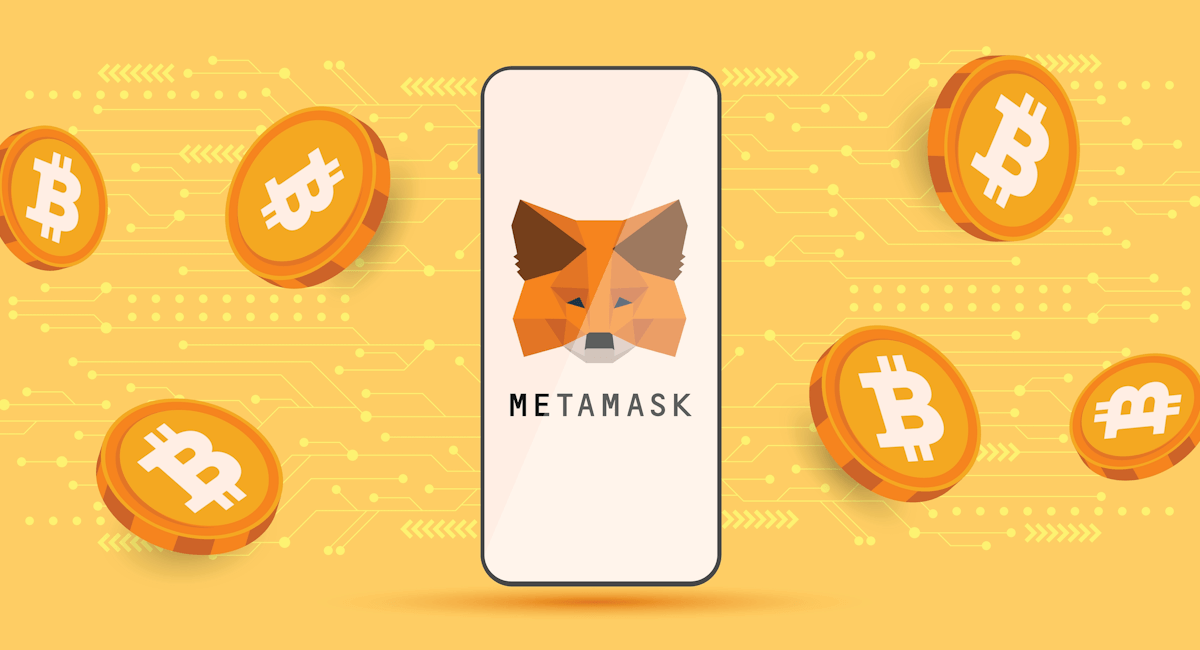In the rapidly evolving world of digital finance, crypto wallets have emerged as essential tools for managing cryptocurrencies. Whether you’re a seasoned investor or a newcomer curious about the digital currency landscape, understanding crypto wallets is fundamental Metamask wallet. This article explores what crypto wallets are, how they function, the various types available, and best practices for ensuring their security.
What Is a Crypto Wallet?
A crypto wallet is a digital tool that allows users to store, manage, and transact cryptocurrencies such as Bitcoin, Ethereum, and many others. Unlike traditional physical wallets that hold cash, crypto wallets don’t store currency in a physical sense. Instead, they store the public and private keys needed to interact with a blockchain network. The public key serves as your digital address, similar to an account number, while the private key is a secret code that enables you to authorize transactions and access your funds.
How Do Crypto Wallets Work?
Crypto wallets operate by interfacing with blockchain networks. Here’s a simplified overview of the process:
- Key Generation: When you create a crypto wallet, the software generates a pair of cryptographic keys – one public and one private. The public key is used to receive funds, while the private key is used to sign transactions.
- Transaction Signing: To send cryptocurrency, you use your private key to sign a transaction. This digital signature ensures that the transaction is valid and authorized by the wallet owner.
- Broadcasting to the Network: Once signed, the transaction is broadcast to the blockchain network where it is verified by nodes or miners, ensuring that the funds are legitimately transferred.
- Ledger Update: After validation, the transaction is recorded on the blockchain, updating the ledger and reflecting the new balances.
Types of Crypto Wallets
Crypto wallets come in several forms, each offering different levels of convenience, security, and accessibility:
1. Hardware Wallets
Hardware wallets are physical devices designed specifically for securely storing cryptocurrencies offline. They are immune to online hacking attempts, making them a popular choice among security-conscious users. Examples include Ledger and Trezor.
2. Software Wallets
Software wallets are applications or programs that can be installed on your computer or mobile device. They offer greater convenience for frequent transactions. However, since they are connected to the internet, they may be more vulnerable to hacking. Examples include Exodus and Electrum.
3. Web Wallets
Web wallets operate in the cloud and can be accessed through a web browser. They are easy to use and accessible from any device, but their reliance on third-party services introduces trust issues. Users must rely on the service provider to maintain security. Examples include exchanges like Coinbase or blockchain-specific wallets.
4. Paper Wallets
A paper wallet is a physical document that contains your public and private keys, often printed as QR codes. This method keeps keys offline, reducing the risk of digital theft. However, paper wallets can be easily lost, damaged, or stolen if not stored securely.
Security Considerations
The security of your crypto wallet is paramount. Here are some best practices to ensure your digital assets remain safe:
- Keep Your Private Key Private: Never share your private key with anyone. Losing control of your private key means losing access to your funds.
- Use Strong Passwords and Two-Factor Authentication (2FA): Enhance security with robust passwords and enable 2FA wherever possible.
- Regularly Update Software: Keep your wallet software updated to ensure you have the latest security patches.
- Backup Your Wallet: Regularly back up your wallet, including the seed phrase, which is critical for recovery in case of device loss or failure.
- Consider Cold Storage: For long-term storage of significant amounts of cryptocurrency, consider using cold storage options like hardware wallets or paper wallets.
The Future of Crypto Wallets
As cryptocurrencies continue to gain mainstream adoption, crypto wallets are evolving to meet growing demands. Innovations such as multi-signature wallets, which require multiple keys to authorize a transaction, and decentralized identity management are paving the way for more secure and versatile digital financial tools. Additionally, improvements in user interface design and integration with decentralized applications (dApps) are making crypto wallets more accessible to the general public.
